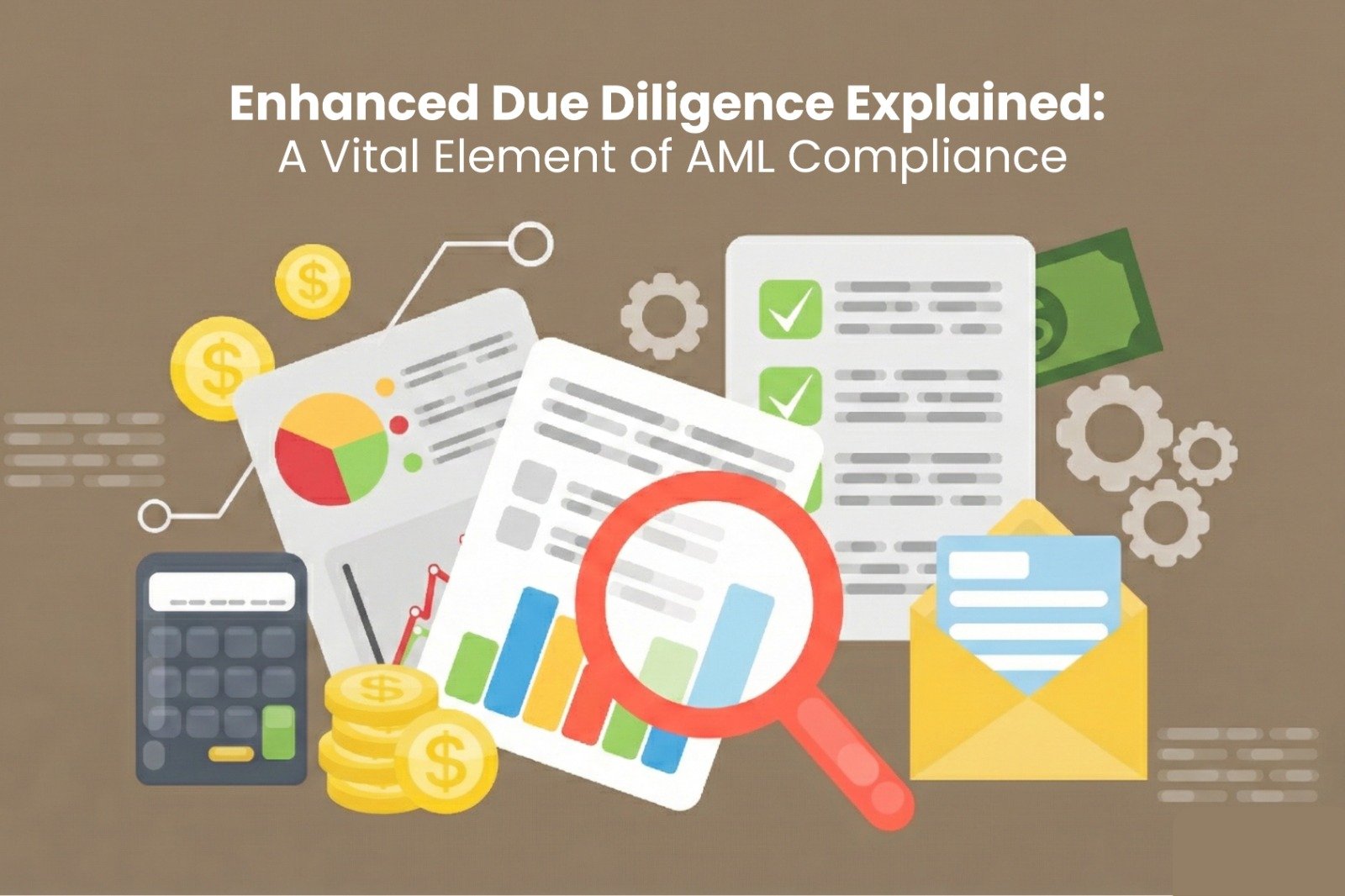The UAE’s Federal Tax Authority (FTA) recently rolled out new guidelines on the determination of taxable income, a crucial move for businesses operating within the region. As the UAE continues to refine its tax regulations, businesses must stay informed about these updates to ensure compliance and optimize their tax strategies.
Key Takeaways From The FTA’s Corporate Tax Guide For Determining Taxable Income
The FTA’s corporate income tax guidelines are designed to help businesses navigate the complexities of taxable income calculation. These guidelines provide a comprehensive framework for understanding which income sources are taxable, how deductions should be handled, and what exemptions may apply. Here are some of the critical points highlighted in the FTA’s latest corporate tax guide:
1. Connected Persons and Market Value Compensation
One notable requirement is that connected persons, such as owners, officers, and directors, must be compensated at market value. This ensures that all transactions between related parties are conducted at arm’s length, preventing any manipulation of taxable income.
2. Depreciation, Amortisation, and Depletion
The guide confirms that accounting depreciation, amortisation, and depletion provisions are allowed for tax purposes. This inclusion is vital for businesses to accurately reflect the wear and tear of assets in their taxable income calculations.
Reversal of Provisions:
A significant observation in the guide is the treatment of provisions. If a provision is created before an individual becomes a taxable person, any reversal after that point will be subject to tax. For instance, if a provision was made in 2023 and reversed in 2024, the reversal amount will be taxed as it relates to the period when the person was taxable.
3. Interest Expense Deduction
The FTA sets specific limits on interest expense deductions. If net interest exceeds Dh12 million per year, the taxable person can claim either Dh12 million or 30% of EBITDA (Earnings Before Interest, Tax, Depreciation, and Amortisation). This limitation ensures that businesses do not inflate their interest expenses to reduce taxable income.
4. Dividend Income:
Dividends received from resident juridical persons are exempt from tax, providing a significant benefit to businesses receiving dividends within the UAE. However, dividends from foreign juridical persons are only exempt if the taxable person meets specific criteria, such as the participation exemption.
5. Private Pension Funds
Contributions to private pension funds are deductible up to a specified maximum amount. This deduction provides businesses with an additional way to manage their taxable income while supporting employee retirement planning.
6. Losses and Reliefs
The guidelines also address the treatment of losses, stating that adjusted losses carried forward will not be eliminated for adjustment until specific conditions are met. This provision ensures that businesses can strategically manage their losses to minimize tax liability over time.
7. Foreign Tax Credit
The guide clarifies claiming foreign tax credits, stating that the amount cannot exceed the corporate tax owed in the UAE. This prevents businesses from using foreign taxes paid to significantly reduce their UAE tax liability.
Practical Implications for Businesses
These guidelines are more than technical rules; they represent a strategic framework that businesses must understand and implement to optimize their tax positions. The FTA’s emphasis on market value compensation, interest expense limitations, and the treatment of provisions and losses reflects a broader push to ensure fairness and transparency in the UAE’s corporate tax system.
For businesses, this means a greater need for accurate financial reporting, careful planning of transactions involving connected persons, and a strategic approach to managing provisions and losses. The clarity provided by the FTA’s guidelines helps businesses avoid potential pitfalls in determining taxable income, ensuring they remain compliant while effectively managing their tax burden.
The FTA’s latest guidelines on the determination of taxable income are a significant step towards a more structured and transparent tax system in the UAE. By understanding and applying these guidelines, businesses can not only ensure compliance but also optimize their tax positions in a way that aligns with the FTA’s expectations. As the UAE continues to refine its corporate tax regulations, staying informed and proactive will be key to navigating the evolving tax landscape and calculating taxed income.
Role Of Auditac International In Solving Tax Complexities & Computing Taxable Income
Navigating these complex guidelines can be challenging, which is where professional expertise becomes invaluable. Auditac International offers specialized services to help businesses understand and implement the FTA’s guidelines effectively. With a deep understanding of UAE tax laws and a team of experienced professionals, Auditac International ensures that your business remains compliant while optimizing your taxable income strategy. Whether you need assistance with tax planning, financial reporting, or navigating specific provisions, Auditac International provides the support you need to succeed in today’s dynamic tax environment for corporate tax services in the UAE and corporate tax services in Abu Dhabi.












